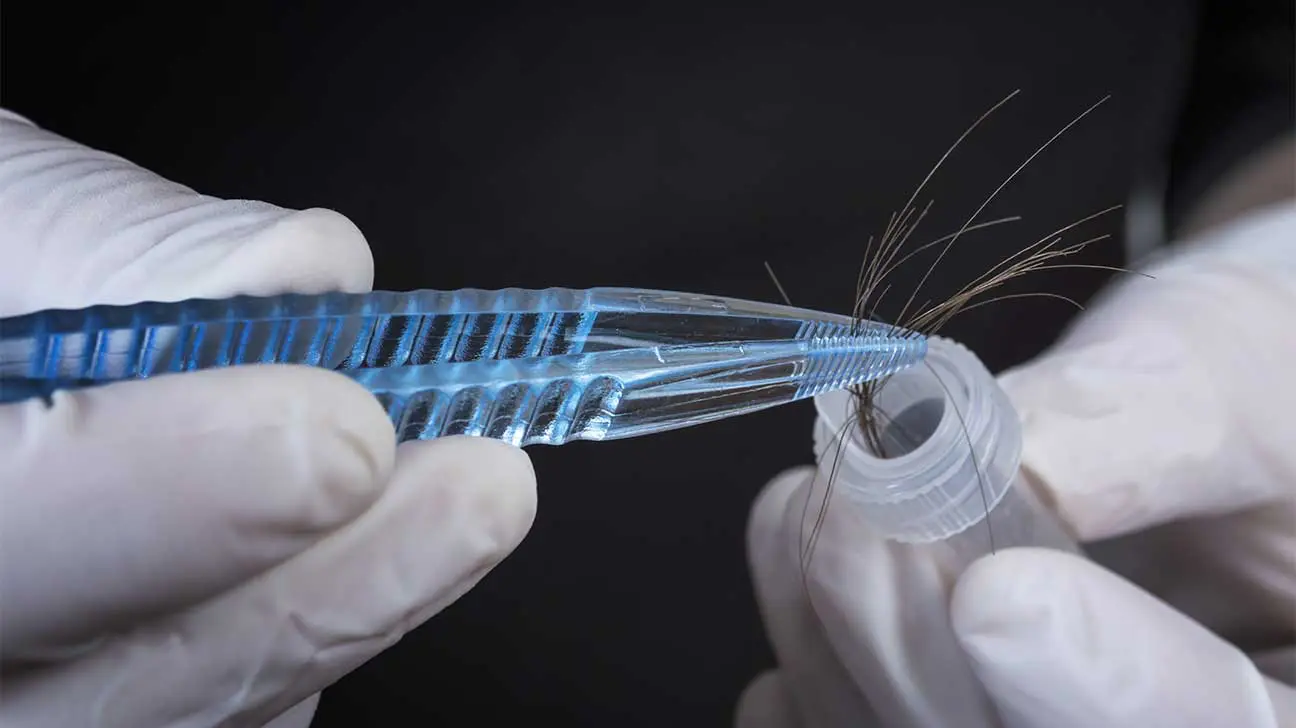
Hair drug testing methods can detect the use of drugs like Xanax months after you’ve stopped taking them. If you’re physically dependent on Xanax, do not try to stop taking it all at once.
Detecting Xanax In Hair
Xanax (alprazolam) is a habit-forming drug that can remain detectable in hair for up to 90 days, or three months, after your last dose.
What Factors Can Affect How Long Xanax Stays In Hair?
Hair drug tests can detect Xanax for up to three months, regardless of whether you wash, cut, dye, or style your hair.
Factors that can affect this timeline may include:
- amount of Xanax used
- frequency and duration of use
- liver and kidney function
- use of multiple drugs
- body fat percentage
- metabolic rate
To an extent, hair color can also play a role in the amount of time a drug can be detected in hair.
Darker hair tends to contain higher concentrations of certain drugs for longer than blond, red, or bleached hair.
Find Help For Xanax Addiction
If you are concerned about Xanax showing up in a drug test, it may be time to seek help for drug addiction.
The safest way to get off Xanax is to begin a drug treatment program. This can offer structure, supervision, and support.
Don’t wait. Call our helpline today to learn more about Xanax addiction and how to find a Xanax addiction treatment program near you.
Addiction Resource aims to provide only the most current, accurate information in regards to addiction and addiction treatment, which means we only reference the most credible sources available.
These include peer-reviewed journals, government entities and academic institutions, and leaders in addiction healthcare and advocacy. Learn more about how we safeguard our content by viewing our editorial policy.
- Redwood Toxicology Laboratory—Laboratory Testing Reference Guide
https://supremecourt.nebraska.gov/sites/default/files/Programs/CIP/events/redwood/LAB_Reference_Guide.pdf - U.S. National Library of Medicine: MedlinePlus—Alprazolam
https://medlineplus.gov/druginfo/meds/a684001.html - U.S. National Library of Medicine: NCBI—Withdrawal Management - Clinical Guidelines for Withdrawal Management of Drug Dependence in Closed Settings
https://www.ncbi.nlm.nih.gov/books/NBK310652/


